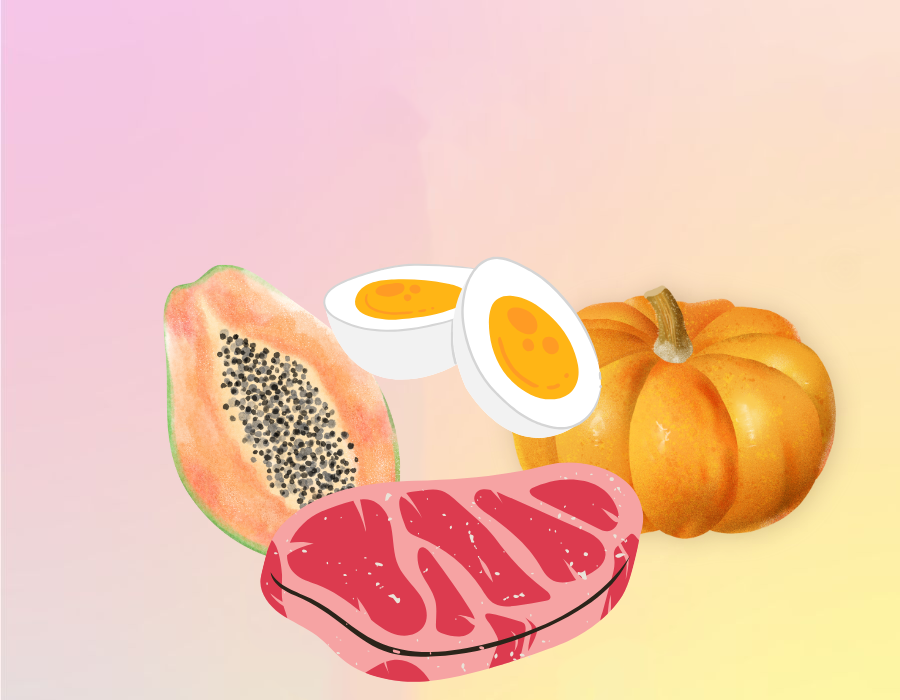Pay attention to diet and vitamins during pregnancy to have a healthy baby.
If you have any queries or suggestions, please feel free to reach out via email to info@harisonfitness.com. We will do everything in our capacity to ensure that you love your experience with us.
Malnutrition before or during pregnancy can lead to nutrient deficiencies that trigger health issues in both the mother and fetus. A balanced diet can meet the nutritional needs of both mother and baby. Some pregnant women experience severe morning sickness, and due to seasonal variations in food availability and limited dietary diversity, it may be difficult to meet vitamin requirements solely through diet. Today, we’ll discuss common minor health concerns during pregnancy and key considerations for vitamin supplementation.
01 Please note the stages of pregnancy
1. Early Pregnancy
When experiencing severe morning sickness, pregnant women may lose their appetite, suffer nausea during meals, and vomit repeatedly—sometimes bile-stained. This period coincides with the critical development and formation of the fetus’s major organs, particularly the neural tube and vital organs, which rely heavily on vitamins and minerals. Expectant mothers should draw on their sense of maternal responsibility and joy to promote psychological and physiological harmony, avoiding the influence of outdated notions like “pregnancy suppresses appetite,” which can exacerbate morning sickness. Opt for fresh, nutritious foods supplemented with nutrients recommended by nutritionists or physicians. Begin nutritional supplementation during the preconception period.

2. Second Trimester
Morning sickness symptoms subside and appetite improves, allowing for positive nutritional supplementation for both mother and baby. During this phase, the fetus grows rapidly, increasing the mother’s need for nourishment. Pregnant women should adopt dietary supplementation to ensure adequate vitamin and trace mineral intake.
3. Late Pregnancy
The enlarged uterus compresses the gastrointestinal tract, causing discomfort for the expectant mother. It is advisable to eat smaller, more frequent meals, opting for foods that are compact yet nutritionally dense. During this stage, it is also important to consume foods rich in calcium, phosphorus, and vitamin B to prevent calcium deficiency in the mother.
02 How to Supplement Vitamins During Pregnancy
The early stages of pregnancy are a critical period for fetal neural organ development. Folic acid promotes the maturation of immature cells in the bone marrow, helping to prevent premature birth, anemia, or neural tube defects in the fetus, thereby reducing the likelihood of fetal illness. Therefore, pregnant women can increase their intake of folic acid by consuming nuts, animal liver, leafy green vegetables, legumes, eggs, and fresh fruits. Folic acid supplements can also be taken directly.
Vitamin C boosts immunity, prevents dental diseases, and reduces gum bleeding. Expectant mothers should incorporate fresh fruits and vegetables like tomatoes, strawberries, apples, lemons, cucumbers, green peppers, and Chinese cabbage into their diet.
Vitamin B6 effectively alleviates morning sickness. During early pregnancy, expectant mothers can consume foods like cantaloupe, eggs, soybeans, spinach, oats, peanuts, bananas, potatoes, carrots, walnuts, lean meats, and fish.
Vitamin A significantly impacts the fetus’s entire developmental process. However, during the first trimester, the fetus cannot store vitamin A independently. Therefore, pregnant women should consume foods like papaya, pumpkin, meat and eggs, carrots, dark leafy greens, and mangoes to supplement vitamin A, ensuring the healthy development of the fetus’s gastrointestinal tract, skin, and lungs.

Calcium and vitamin D promote the development of the fetus’s teeth and bones. During mid-pregnancy, the fetus’s teeth and bones undergo rapid growth, leading to a sharp increase in calcium requirements. Pregnant women in their second trimester can take calcium supplements or increase intake of calcium-rich foods like tofu, dried cheese, shrimp, fish, kelp, eggs, duck eggs, milk, yogurt, or special pregnancy milk powder. Moderate sun exposure to boost vitamin D levels also aids calcium absorption.



Leave a Reply
Want to join the discussion?Feel free to contribute!